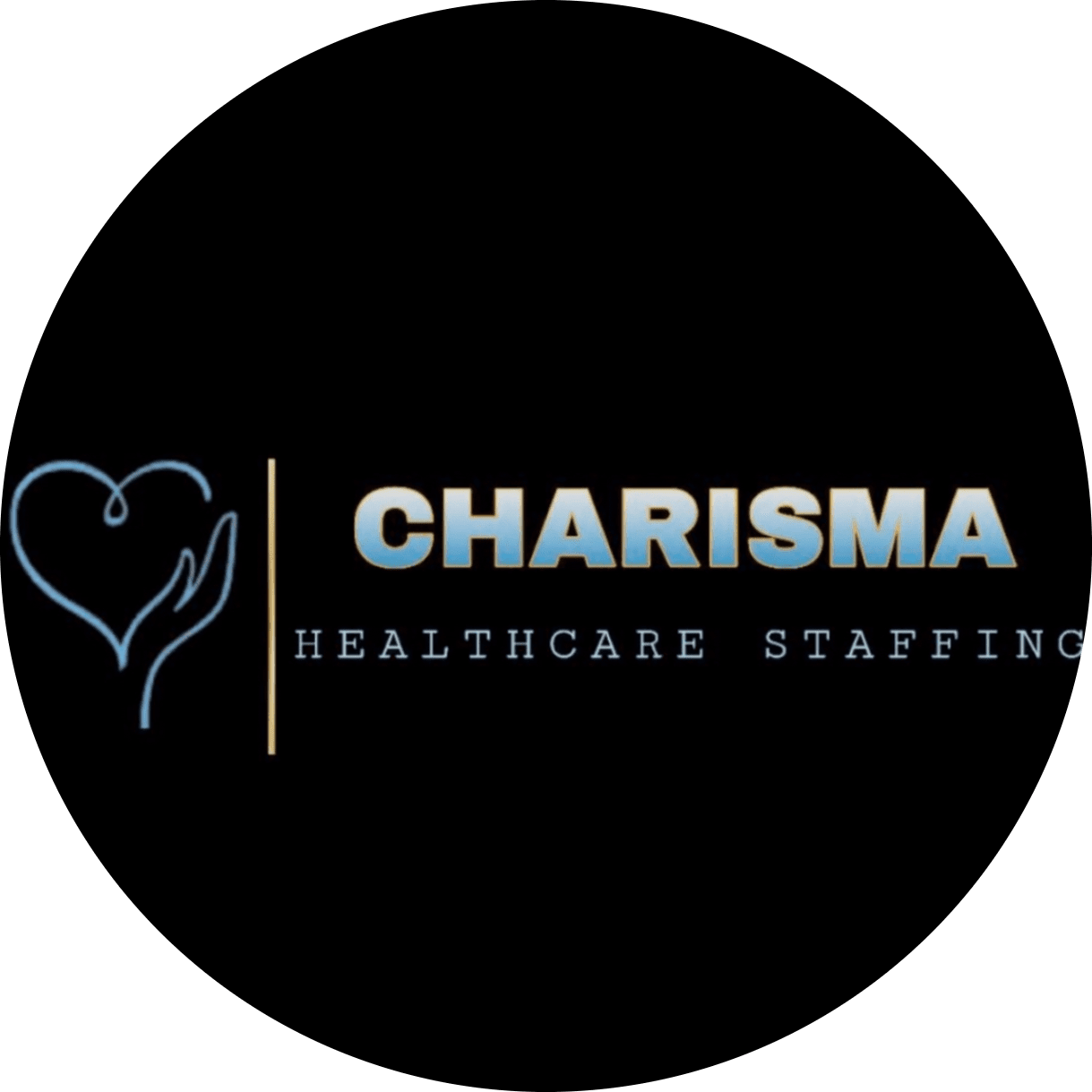QMAs and CNAs: Key Players in Optimal Patient Care

Posted on December 20, 2023
In the realm of healthcare, the acronyms QMA and CNA may not be as widely recognized as MD or RN, but they are undoubtedly key players in the delivery of optimal patient care. Quality Medical Assistants (QMAs) and Certified Nursing Assistants (CNAs) play vital roles in ensuring that patients receive the attention and support they need. In this blog post, we'll delve into the crucial functions of QMAs and CNAs, shed light on their contributions to healthcare, and highlight their significance in the industry.
Understanding the Roles
QMAs and CNAs are integral parts of the healthcare team, working closely with nurses and other medical professionals. Let's take a closer look at what each role entails.
1. Quality Medical Assistants (QMAs)
Quality Medical Assistants, or QMAs, are skilled individuals who assist healthcare providers in various clinical settings. Their responsibilities encompass a wide range of tasks, including:
- Medication Administration: QMAs are trained to administer medications to patients, ensuring they receive the right doses at the right times. This is a critical aspect of patient care, as errors in medication administration can have severe consequences.
- Vital Signs Monitoring: QMAs routinely measure and record vital signs such as blood pressure, pulse, temperature, and respiratory rate. This information helps healthcare providers assess a patient's overall health and make informed decisions.
- Assisting with Procedures: QMAs assist in medical procedures, such as wound care, dressing changes, and specimen collection. Their skilled assistance ensures that procedures are performed safely and effectively.
- Patient Education: They also play a role in patient education, providing information on medications, treatment plans, and self-care instructions.
2. Certified Nursing Assistants (CNAs)
Certified Nursing Assistants, or CNAs, are frontline caregivers who primarily work in long-term care facilities, nursing homes, and hospitals. Their responsibilities include:
- Personal Care: CNAs assist patients with activities of daily living, such as bathing, dressing, toileting, and feeding. They provide crucial support to individuals who may have difficulty performing these tasks independently.
- Mobility and Positioning: CNAs help patients move safely, preventing complications such as pressure ulcers and muscle atrophy. They also ensure proper positioning to maintain patient comfort.
- Emotional Support: CNAs often form close bonds with patients, offering emotional support and companionship. This aspect of their role contributes significantly to patients' overall well-being.
- Observation and Reporting: CNAs closely monitor patients and report any changes in their condition to the nursing staff. This early detection of issues is vital for timely intervention.
Why QMAs and CNAs Matter
Now that we've explored their roles, let's discuss why QMAs and CNAs are indispensable in healthcare:
- Enhanced Patient Comfort: QMAs and CNAs provide personalized care that goes beyond medical treatments. Their empathy and attention to patients' needs contribute to a comfortable and reassuring healthcare experience.
- Patient Safety: Both QMAs and CNAs play crucial roles in ensuring patient safety. QMAs administer medications accurately, while CNAs prevent falls and injuries by assisting with mobility.
- Efficient Healthcare Delivery: By taking on essential tasks, QMAs and CNAs allow nurses and doctors to focus on more complex medical procedures and decision-making. This division of labor leads to more efficient healthcare delivery.
- Cost-Effective Care: Employing QMAs and CNAs can be a cost-effective solution for healthcare facilities. They provide high-quality care without the higher salary demands of registered nurses.
- Pathways for Career Growth: QMAs and CNAs often use their roles as stepping stones to further their healthcare careers. Many go on to become licensed practical nurses (LPNs) or registered nurses (RNs).
In conclusion, Quality Medical Assistants (QMAs) and Certified Nursing Assistants (CNAs) are unsung heroes in the world of healthcare. Their dedication to patient care, attention to detail, and invaluable support make them indispensable members of the healthcare team. As small and medium-sized businesses in the healthcare industry, recognizing the significance of these roles and ensuring they are adequately staffed can lead to better patient outcomes and an enhanced reputation.
If you're seeking dedicated healthcare professionals to enhance your team, reach out to Charisma Healthcare Staffing. Contact us at [email protected]. Let's work together to elevate your patient care to new heights.
Unlock Healthcare Excellence
Ready to elevate your healthcare team? Complete the form below, and let Charisma Healthcare Staffing be your trusted partner in providing top-notch supplemental staffing solutions. Your success starts with a simple form!
